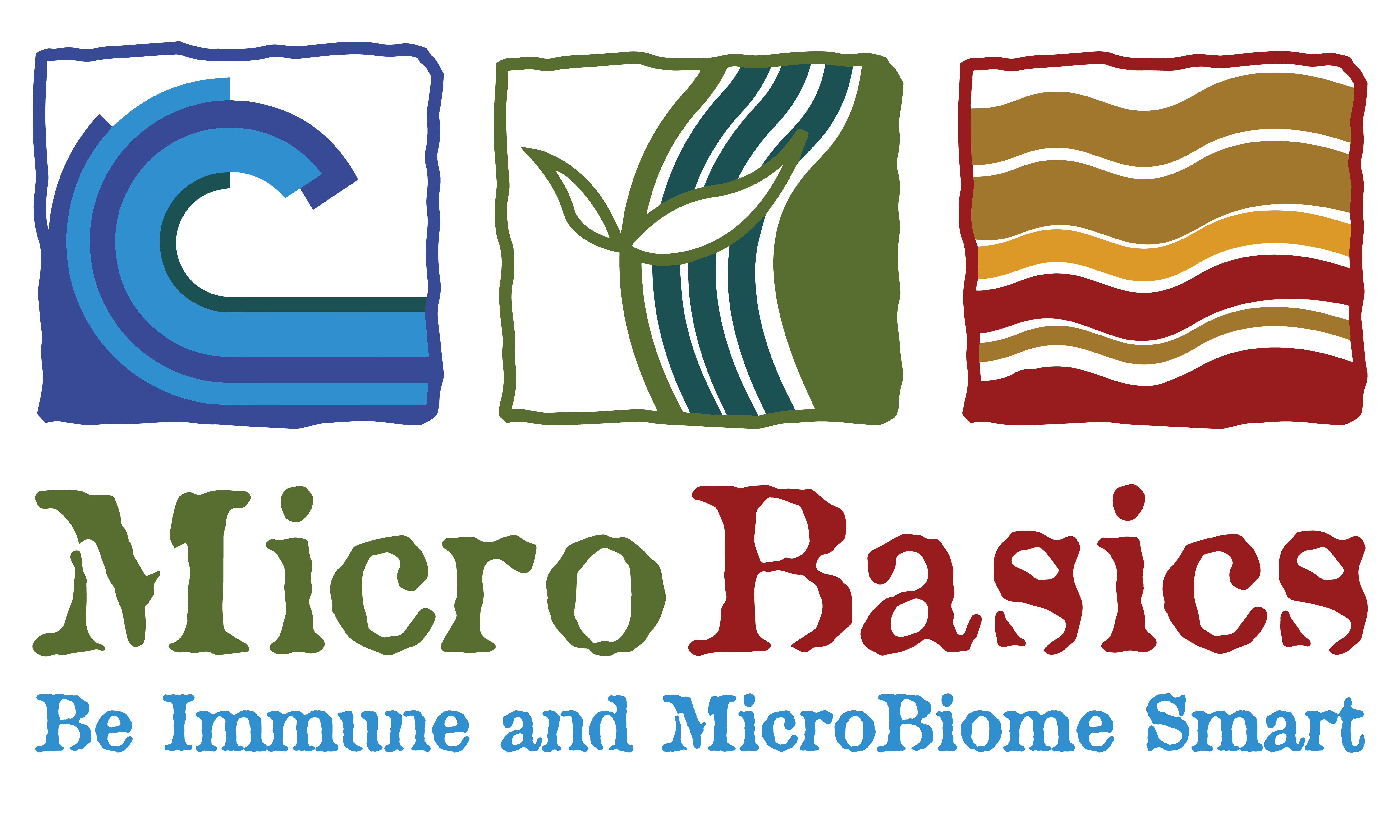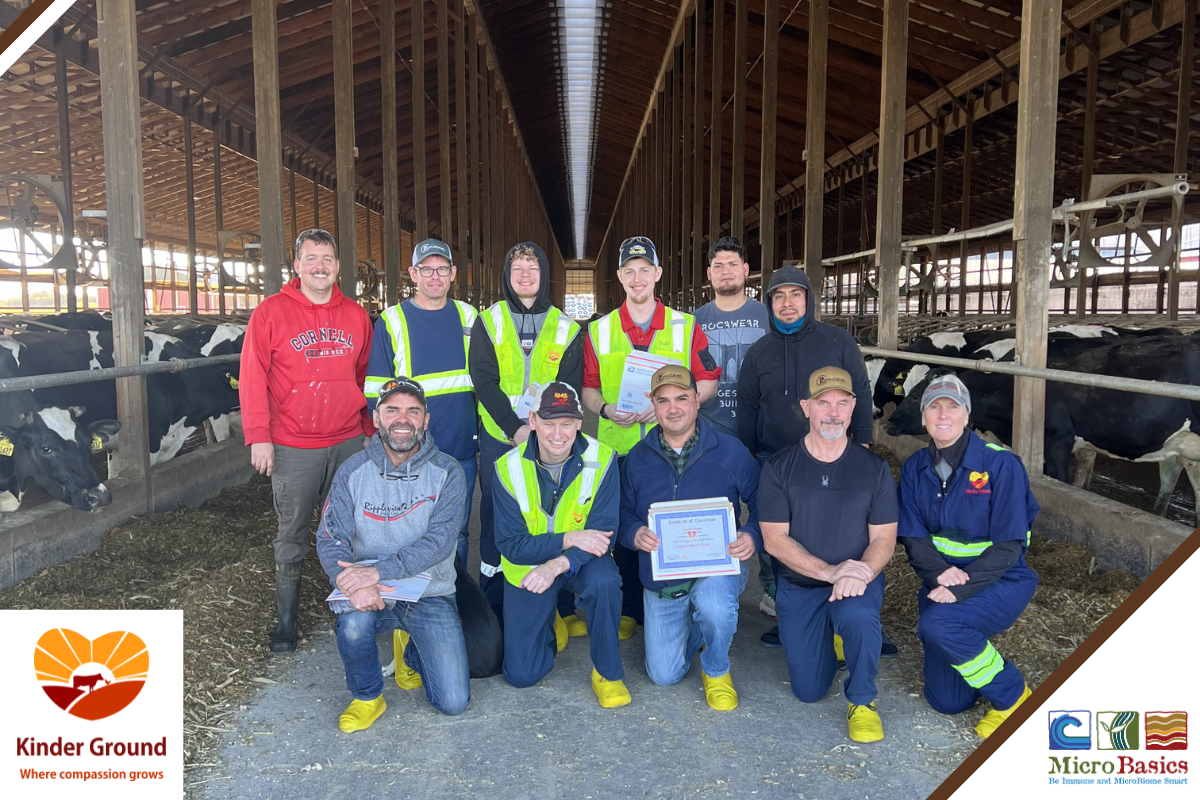California Dreaming
A veterinarian by trade, Dr. Walker (Dr. Jen) grew up south of San Francisco determined to be a veterinarian, specifically one that specialized in cancer treatment. As an animal science major at UC Davis, she realized that the chances of her finding breakthrough cancer treatments were slim and more importantly, through her volunteer work in the oncology ward she “began to struggle with the amount of suffering we were asking these pets to go through for their owner’s struggle with letting go”.
Working on the university dairy she also realized that while there were a lot of folks lining up to be small animal veterinarians, few wanted to work with food animals and began to think that working in food animal medicine is where she could make a real difference explaining “I enjoyed the people we worked with, and I enjoyed being outside. In food animal medicine you get to see your clients more frequently, you get to be a part of their team, and not just see them when disaster struck.” It was then Dr. Jen made the decision to go all into food animal medicine.
While she was confident, the vet school wasn’t. She had to apply 4 times before she was accepted to vet school. On the third “rejection” she was told they doubted her interest in food animal medicine. Still a bit resentful of the judgment, she admits it did force her go out and get more experience outside of the bounds of the university. She never gave up and was finally accepted, graduated in 2000 in joined a small practice in San Joaquin County California focused on dairy production medicine where they were part of the farm team, training, teaching and consulting, and she loved it.
Look What You Made Me Do!
As much as she enjoyed practice and her clients, it became clear that the work can take a toll on the body. She had long considered returning to the university to teach, wanting to bring practical, real-world experience to the clinical teaching environment. She made the leap and returned to UC Davis for a residency. She loved work and the students but soon realized that if clinical teaching was the goal, a PhD was the next step to ensure she would be competitive in that environment. She was lucky enough to find a funded PhD program focused exactly on what she was interested in at the time, udder health, specifically Staph aureus mastitis. So, it was off to Ohio.
It was at The Ohio State University that Dr. Jen developed an interest in animal welfare. She explained that “sadly, animal welfare just wasn’t something taught in veterinary medicine prior to 2008.” It was in 2008 that undercover video exposed the cruel handling of non-ambulatory cattle at the Hallmark/Westland meat packing company. “That was the beginning of what I call the beginning of our reputation era” she said explaining “the animal welfare discussion started bubbling up. I had an office mate with a small animal background that would see one under cover video after another and come to me upset and with lots of questions. We had lots of great chats about animal welfare and animal agriculture. That is when animal welfare science caught my focus and really opened some doors for me.” As luck would have it, Dr. Jen was also studying education as a minor and used that as a vehicle for her animal welfare studies working with faculty to develop a course in animal welfare and her career in animal welfare blossomed from there.
From the Barnyard to the Boardroom and Back Again
After finishing her PhD with a passion and focus on animal welfare, in 2010 Dr. Jen joined Dean Foods, at that time the largest dairy processor in the United States as Director of Dairy Stewardship. There she developed and managed an industry leading animal welfare program, before moving on to Danone North America where she managed milk quality and animal welfare in 2018. Along the way she managed to earn a master’s in Animal Welfare, Ethics and Law through the University of Edinburgh and applied those learnings to her work in the corporate arena.
During her stint at Danone, she gained new perspective on what could and could not be accomplished through industry, corporate and legislative animal welfare initiatives. From that experience grew a passion project she co-founded, Kinder Ground, a no-profit dedicated to helping farmers implement practices on farms that improve animal welfare. She recalls, “When I was working in corporate, one of the challenges I saw was that projects were driven by what the corporation was focused on and what they were prioritizing at that time. As soon as the corporation got sidetracked or management changed there was nothing to sustain the effort. When the corporation dictates what happens on the farm, it’s just a box to check, not something that is valued by the farmer.”
The purpose behind Kinder Ground is to bring together the farming community. The theory of change is understanding that there are improvements needed in the lives of farm animals, and those improvements and changes are most successful when they come from ideas straight from the farmer. Reflecting, Dr. Jen shared, “Over the years I had seen so many projects abandoned, because it wasn’t the farmer driving the change. I truly believe that farmers will have the best ideas. The void that Kinder Ground is filling is how do we put science into practice. We are that link from science to implementation on the farm. Farmers have the imagination, the gumption, and the creativity to figure out how to make it work. We also know that farmers talk to farmers. This is how welfare improvement becomes contagious, when they see the benefits of the improvements made by their neighbors. Let farmers amplify the message!”
Sowing Seeds of Compassion
Having donated the seed funding to get the non-profit and projects started, and lucky enough to have built enough savings, Dr. Jen stepped away from Danone at the end of 2023 to dedicate herself full time to Kinder Ground without even drawing a salary. Her goal is to focus on Kinder Ground for three years and get it to a place where it can financially sustain itself.
Dr. Jen explained that the biggest challenge to getting farms started on projects is the risk of failure. Kinder Ground makes that risk a little more palatable. Farmers don’t give themselves enough credit, they are swimming in risk and unknown every single day. I am always amazed at the level of risk they take on. What we found is that if we can partially support a welfare project it is a lot easier to take that leap, knowing that there is risk that our project might fail, but we can give it a go together. Kinder Ground is also hoping to show those outside the industry that many farms want to make improvements in animal welfare, but it’s not something that can be done with a cookie cutter approach. “Improving welfare looks a little different for each farm. We can’t cookie cutter a life worth living, and we aren’t going to be successful by mandating it. You can mandate tail docking, basic care, pain management, but elevating welfare to a life worth living is advancing past the basics. That is going to be a farm-by-farm process.”
Show Me the Money!
Dr. Jen admits that it is hard to capture in a spreadsheet the financial return on improvements in animal welfare. Animal welfare is a long-term outcome that gets washed out in the details of a quarterly P&L. Kinder Ground asserts that practical animal welfare is about acknowledging trade-offs and realizing better is better, that even small investments and changes can have a real impact. Dr. Jen goes on to challenge consumers and all business, “If dairy, beef, or pork, or chicken is on your menu, you should be doing something to enable farmers to improve animal welfare. I see millions of dollars wasted on the supply chain side of things, meant to improve welfare, but really doing nothing. It usually ends up being audits, surveys, or messaging around welfare, but not a single penny of it has improved the welfare of livestock animals.”
What started out as a passion project, Kinder Ground is hoping that the supply chain jumps on for support. Dr. Jen is emphatic about the message and challenge to the supply chain, saying “Millions of dollars have been wasted on messaging and halfhearted programs. All we have managed to do is set a very low bar of, don’t be cruel, and relatively little improvements have been made beyond that. I want to change the habit of putting messaging over impact, and checking boxes. We can do so much good when we focus the resources on making a difference.”
A big thank you to Dr. Walker for taking the time to chat with us about animal welfare! If you are looking for welfare resources, have the desire to implement a welfare project, or if you would like to donate to Kinder Ground, please visit their website KinderGround.org. Let’s help to make life worth living for our food animal species!

